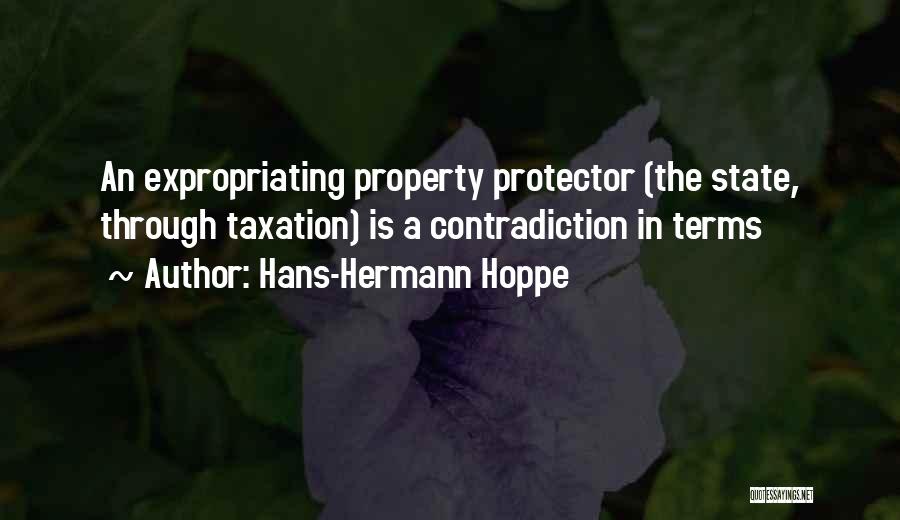https://www.aei.org/carpe-diem/thom...and-then-profits-flow-upward-later-if-at-all/
The phrase “trickle down” often comes up in discussions of tax policies. Historically, tax revenues have in a number of instances gone up when tax rates have been reduced. But any proposal by economists or others to cut tax rates, including reducing the tax rates on higher incomes or on capital gains, can lead to accusations that those making such proposals must believe that benefits should be given to the wealthy in general or to business in particular, in order that these benefits will eventually “trickle down” to the masses of ordinary people. But no recognized economist of any school of thought has ever had any such theory or made any such proposal. It is a straw man. It cannot be found in even the most voluminous and learned histories of economic theories.
What is sought by those who advocate lower rates of taxation or other reductions of government’s role in the economy is
not the transfer of existing wealth to higher income earners or businesses but the creation of
additional wealth when businesses are less hampered by government controls or by increasing government appropriation of that additional wealth under steeply progressive taxation laws. Whatever the merits or demerits of this view, this is the argument that is made – and which is not confronted, but evaded, by talk of a non-existent “trickle-down” theory.
More fundamentally, economic processes work in the directly opposite way from that depicted by those who imagine that profits first benefit business owners and that benefits only belatedly trickle down to workers.
When an investment is made, whether to build a railroad or to open a new restaurant, the first money is spent hiring people to do the work. Without that, nothing happens. Even when one person decides to operate a store or hamburger stand without employees, that person must first pay somebody to deliver the goods that are going to be sold. Money goes out first to pay expenses and then comes back as profits later – if at all. The high rate of failure of new businesses makes painfully clear that there is nothing inevitable about the money coming back.



